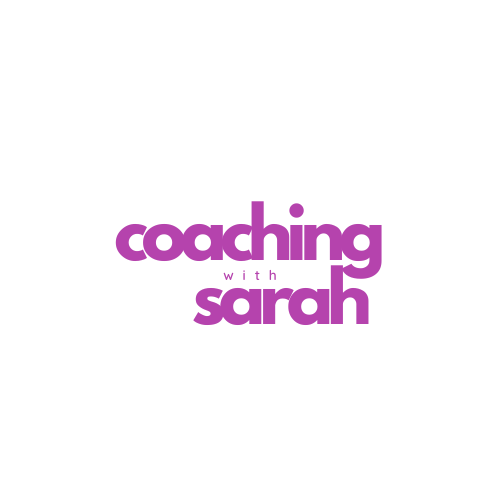But What Will My Friends Say?
/Have you ever tried to march to the beat of your own drummer, but when your friends reacted with disgust, worry, or anger you abandon everything? Instead you try to find the drumbeat that everyone else hears. Does this sound familiar?
You are not alone. I do it all the time. I would say it is one of the contributing factors to why I had so many bumps in my dating life. I was quick to abandon my own preferences and needs and I tried to become what I thought my romantic interest wanted. And it is no surprise that all of these relationships ended with confusion and frustration.
Why do we care so much about what people think? Even when I say I don’t care, there is still a part of me that cares.
Thanks to technology we are more connected that ever. It is both a positive and a negative. It is really great to connect with people you haven’t seen in ages and it’s an easy way to send a message to someone.
Have you heard about the research that looks at what social media does to the brain? And I’m not just talking about just the over-hyped comparison of social media and cocaine.
Yes, social media sets off the same reward sensors in the brain as cocaine and sugar. The brain gets flooded with dopamine every time someone gives us a heart on Instagram. It makes us feel liked and connected.
Don’t get me wrong. These aren’t bad things. We as human beings love to feel connected! It’s how we survived when we lived in caves. It’s how we survive now in this world that is changing so quickly. We survive because we are connected to others.
But this same need for connection drives us to behave unlike ourselves. We make choices so that we fit in, so that other people like us, so that we are one of the herd.
Martha Beck calls it the Social Self. The Social Self is the one that drives you to do the things that will make you a part of the crowd. The Social Self drives you to do things like see the movie that everyone is talking about, drink at parties (even when you really don’t want to), or stay at the boring 9 to 5 job that you hate but keep for… some reason that you’re not really sure about.
The Social Self worries about what your friends will say. Your Social Self worries that you won’t fit in, that people will talk negatively about you, that you’re not cool enough. Your Social Self is driven by these dopamine-charged boosts that we get when we have meaningful connection. Because your Social Self is trying to make sure you can survive in this world.
But we don’t live in caves anymore. And social media can work for our Social Self or for the natural, Wild Self. And we get to decide how to use Social Media and which Self we want to Nurture.
Martha Beck calls this other half the Essential Self. The Essential Self is the part inside of you that is purely yours. The part of you that is just in tuned with your deepest desires, needs, and wants. It marches to the beat of your drum. The Essential Self is talking to you when you decide to dance (even if no one else is), you take a nap in the sun in the afternoon, or you take a walk in the woods at lunchtime.
The Essential Self truly does march to the beat of its own drum. It doesn’t care what anyone else thinks. It only wants to do what it wants to do.
Here is the really cool thing. Even though the Essential Self doesn’t care what other people think, and it only does what it wants to do, it will attract other people that agree. It will actually attract better people, more agreeable, and more fanatic and loyal people.
The idea is that like attracts like. And if we are being true to our Essential Self then people that are like us will find us and walk with us. If like attracts like and we are following the social self, it isn’t the natural fit for our soul. The connections aren’t as deep, not as meaningful.
If we choose to show up authentically on our social media and share the things that feel like it is truly who we are deep down, the people we will meet and connect with are going to be stronger connections.
When we ask ourselves “What would my friends think?” we are thinking with our Social Self. If we worry about what our friends are thinking, we are not making the deep soul connections that we could be making if we listened to our Essential Self. The Essential Self thinks “What do I think?” and it follows.
Where are you thinking with your Social Self? Where can you shift your thinking to ask yourself about your own guidance instead of asking what others think?

